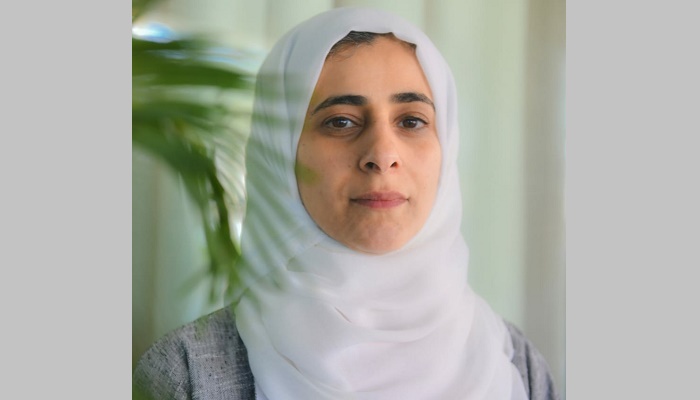
The closing statement of His Majesty Sultan Haitham Bin Tarik’s visit to King Salman bin Abdulaziz Al Saud, the Custodian of the Two Holy Mosques, can be described as fitting into an integrated, multi-dimensional strategic framework.
This framework should be examined in the context of historic Omani-Saudi relations, which date back to the establishment of the Kingdom of Saudi Arabia under the leadership of the Al Saud dynasty more than two centuries ago. We can also link this framework to new developments in the international arena, with China being a major player in evolving world politics. Oman and Saudi Arabia both have geographical borders with Yemen and strategically rooted relations with that country. They agree to find a peaceful solution to the current conflict, which means gradual progress towards making peace in Yemen.
This common geopolitical agenda will determine the nature of economic and other types of cooperation between the two countries. In this regard, it has been decided that a coordination council will be established to manage relations between the two countries and to advance cooperation between them. The framework for cooperation includes the globally important issues of energy sustainability and preservation of the environment.
If we examine the Kingdom of Saudi Arabia’s Vision 2030 document, launched in 2016, we can conclude that the Kingdom intends to change the prevailing Gulf development model. This intention springs from a conscious awareness that current levels of expenditure cannot be sustained even if oil prices rise to over $100. This requires changes, not only in terms of economic management but also in religious philosophy, moving the Kingdom away from traditionalism and towards moderation. The social impacts of these changes will rapidly appear in the coming years. All of these circumstances, though they are internal, have historically influenced the Kingdom’s relations with its neighbours.
The Sultanate of Oman is currently reaping the fruits of its stable foreign policy stances, which are based on the principles of neutrality and non-interference in the affairs of others while protecting the country’s own interests. This reliable stance, in addition to the attractiveness of Oman’s infrastructure and green fields for investment, can attract enormous investments. The Sultanate’s geopolitical stance is precise and sensitive, aiming to carefully balance the interests of conflicting parties. It is doing this, for example, in the Iranian and Yemeni cases.
What is certain is that this visit opened up a new horizon in relations between the two countries that will affect broader Gulf geopolitical relations. With the visit, the Sultanate demonstrated its influence and its well-known role in finding peaceful solutions to achieve stability and security in the region. As for the economic cooperation and logistical integration agenda, this depends on the efforts of the two countries after adopting the common strategic outlines. The two countries can together achieve unlimited prosperity for their citizens. The Kingdom is strong in the field of agriculture and the Sultanate has great potential to be unleashed in this area. The high-quality fish stock and large fishing port in the Omani city of Duqm will constitute a major hub for export and industrialisation, boosting food security in the two countries. These are only a few examples of the opportunities for cooperation between the two countries – there are many more, including in the petrochemical sector. This shows us that mutual, rather than individual, interests underpin the relations between countries.
In fact, the list of cooperation opportunities is long, and the Saudi move towards technology in developing its financial sector is remarkable. Both countries are seeking to unlock their tourism potential, and the Kingdom is moving towards providing entertainment facilities that both the Omani and Saudi markets currently lack.
In conclusion, the people of Oman and Saudi Arabia are aspiring to greater cooperation in various fields. If this cooperation continues, it will inevitably change some of the features of the balance of power on the Arabian Peninsula.